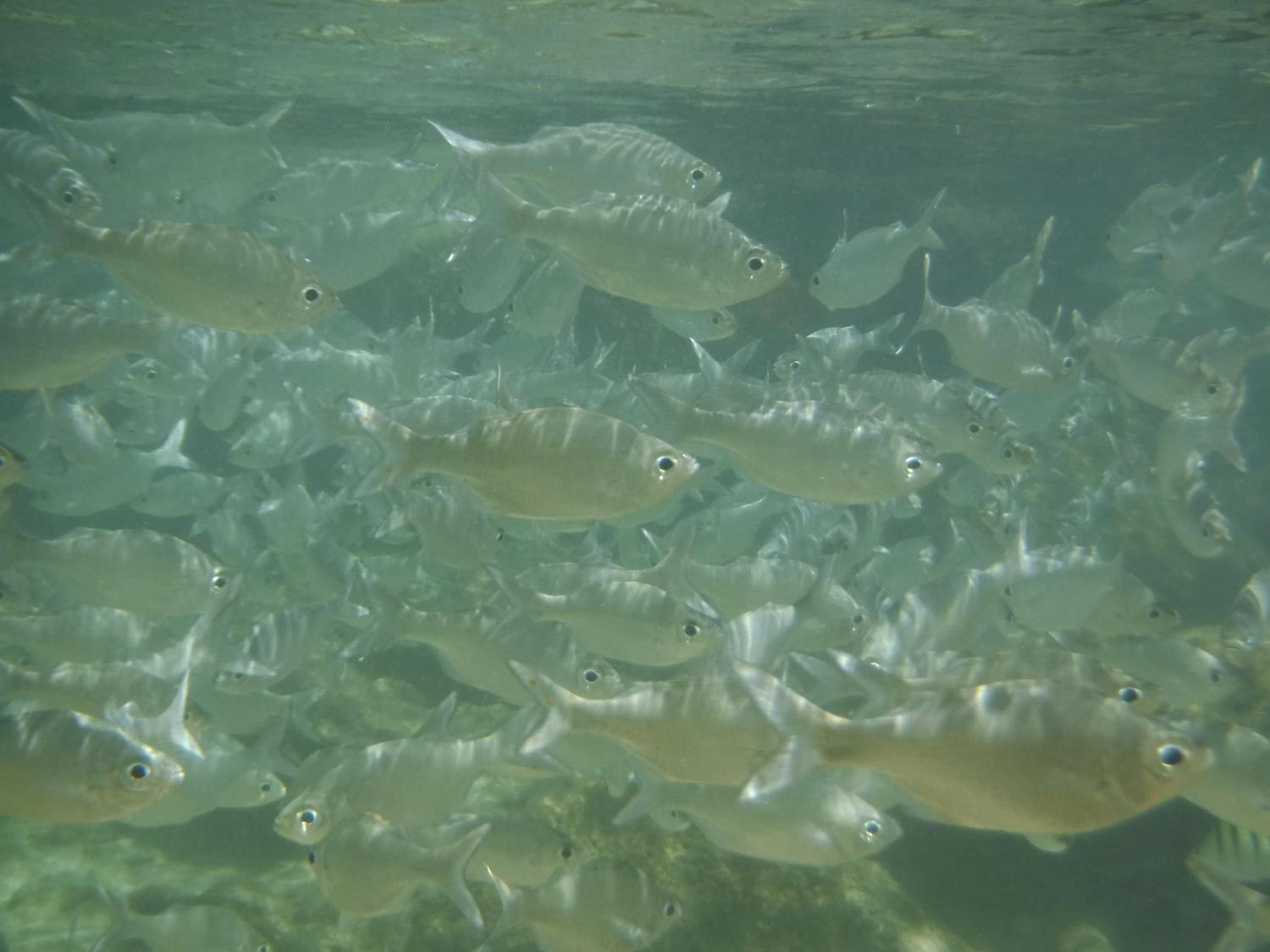
Hawaii is renowned for its seafood quality, on the islands, across the U.S. mainland and abroad. Fish for sushi, the islands’ beloved raw poke dishes and, of course, for cooking that meets the Aloha State’s high sustainability standards all fetch a premium. The Obama administration’s recent expansion of the Northwest Hawaiian Islands national monument, which is now the world’s largest marine sanctuary, further enhances the state’s reputation for producing responsible seafood. Just enter the local Costco outlets, the Japanese-themed Don Quijote superstores or any local market, and you will find a steep premium on local fish compared to fish imported from Indonesia or the Philippines.
But now, the state’s seafood industry suffers from the same horrid reputation that blots much of the world’s fishing industry. An Associated Press investigation revealed that hundreds of undocumented fishermen are working on American fishing vessels in conditions that go beyond human rights abuses and could even be described as slavery.
The problem stems from labor laws applied to U.S. fishing fleets, weakened by loopholes backed by Hawaii’s powerful political figures over the years. Under American law, U.S. citizens must comprise 75 percent of the crew on commercial fishing boats flying under the American flag. But the late Sen. Daniel Inouye, in addition to current "ocean champion" Sen. Mazie Hirono, allowed exemptions to these rules when boats sail through Hawaiian waters.
The AP accused Hawaii’s $110 million fishing industry of reaping profits on the backs of poor workers from Indonesia, the Philippines, Vietnam and even tiny Kiribati. When they reach port, many of them are marooned in their boats in Honolulu around Pier 17, not far from downtown, the city’s hipster Kakaako district and the tony Ala Moana Shopping center.
While they are waiting for the next voyage, these men have almost no legal recourse. U.S. Customs requires the ships’ captains to hold their passports, and they cannot venture onshore anyway because they do not have a U.S. visa. Post-9/11 immigration laws mean these workers cannot enter the U.S. via air, so they often start their work after going through a recruiter and boarding at a foreign port.
Once they start work, days are marked by grueling hours – as long as 20 hours a day with only two 2-hour rests – yet their take-home pay after recruitment fees and other nickel-and-diming can plunge as low as $350 a month. Many are lucky if they can clear $5,000 in a year. Contrast those figures with the $28,000 U.S. citizens can earn as deckhands for a working what often amounts to only a few months. Up in Alaska, salaries for similar work can be has high as $80,000 annually, and even more in certain sectors such as harvesting Alaskan king crab. But for these Hawaii-based fishing crews, not only is the pay low, but the working conditions are often squalid and unsanitary.
The AP investigation comes at a time when Hawaii’s residents are struggling with the double-whammy of the state's high cost of living with a low-wage economy. Good paying jobs outside Hawaii's massive military presence are scarce. Police departments, including San Jose, California’s, recruit in Hawaii hoping to find future officers in a state where real estate rivals prices in Northern California and New York, without the lucrative salaries. And the state’s public education system is in a crisis as many teacher have thrown up their hands and left the profession because they cannot get by.
But few American citizens are willing to work on a boat away from shore for weeks at a time for low pay. The result is that void is filled by people from the world’s poorest countries, who end up living and working in conditions that become even worse as fishing companies find that legalities allow them to get away with these deplorable business practices.
Image credit: Leon Kaye

Leon Kaye has written for 3p since 2010 and become executive editor in 2018. His previous work includes writing for the Guardian as well as other online and print publications. In addition, he's worked in sales executive roles within technology and financial research companies, as well as for a public relations firm, for which he consulted with one of the globe’s leading sustainability initiatives. Currently living in Central California, he’s traveled to 70-plus countries and has lived and worked in South Korea, the United Arab Emirates and Uruguay.
Leon’s an alum of Fresno State, the University of Maryland, Baltimore County and the University of Southern California's Marshall Business School. He enjoys traveling abroad as well as exploring California’s Central Coast and the Sierra Nevadas.














